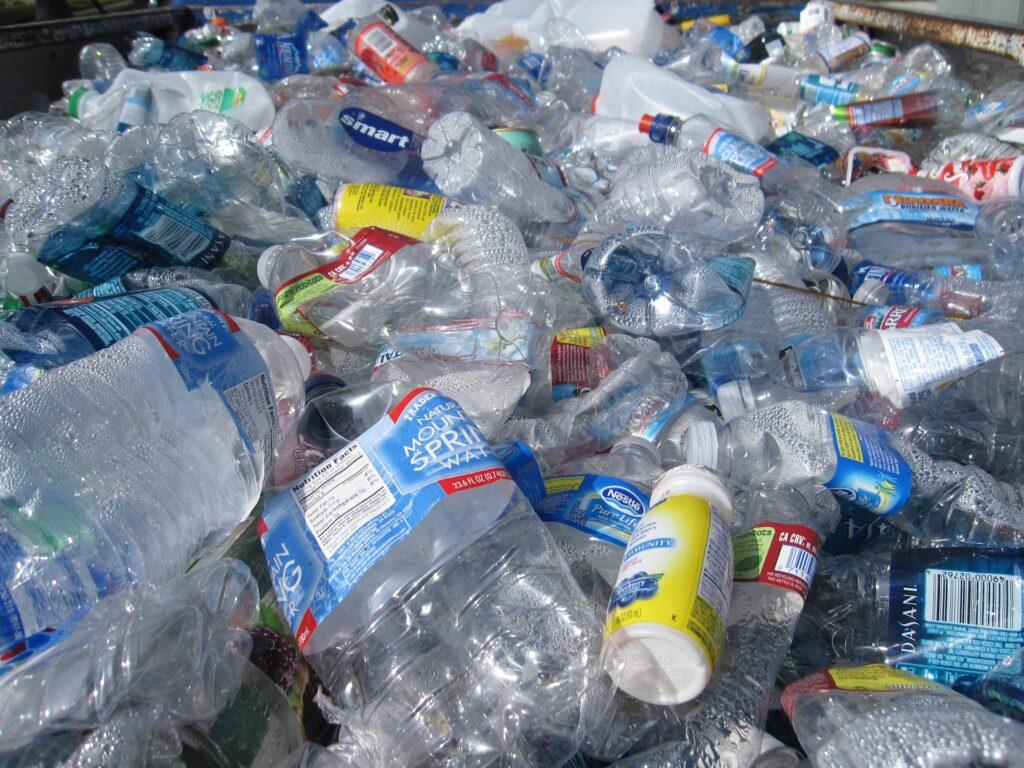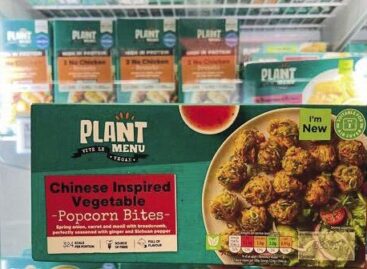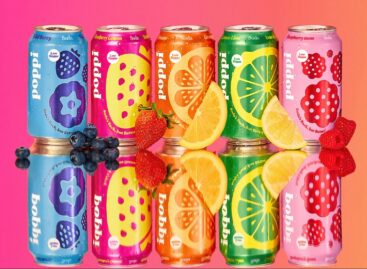Retailers face £1.8bn in yearly costs for bottle recycling scheme
The government’s net zero bottle recycling scheme could cost retailers at least £1.8bn a year, according to calculations by the British Retail Consortium.

The industry analysis suggests that the Deposit Return Scheme (DRS) will cost retailers ten times the amount that officials previously reported, with much of the cost likely to be passed on to consumers via higher prices, according to The Telegraph.
The government’s official impact assessment for the DRS estimated annual costs to be £171m a year in 2019 while the BRC analysts suggested minimum costs of £1.8bn a year from 2025.
The BRC has said the government should “rethink” and delay plans to “prevent the introduction of an unnecessarily complex and costly scheme”.
The DRS will see a 20p charge placed on drinks containers, which consumers would be able to claim back when they return the bottles and cans, in a bid to dramatically reduce litter and plastic pollution in England.
The scheme in Scotland was originally meant to launch on 1 March 2024 but has been delayed until at least October 2025, after industry leaders warned Scottish ministers against making further progress without support from Westminster.
BRC director of food and sustainability, Andrew Opie, told The Telegraph:
“The proposed Deposit Return Scheme is costly, complicated and cannot deliver the step change in recycling needed to justify it. By driving up costs by almost £2bn per year, the government risks pushing up prices for ordinary households, just as inflation is coming down.
Related news
Veganuary inspires millions of people in the UK
🎧 Hallgasd a cikket: Lejátszás Szünet Folytatás Leállítás Nyelv: Auto…
Read more >Carlsberg, PepsiCo set out Poppi UK launch plans
🎧 Hallgasd a cikket: Lejátszás Szünet Folytatás Leállítás Nyelv: Auto…
Read more >Related news
Festival buzz at the 60th anniversary EuroShop trade fair
🎧 Hallgasd a cikket: Lejátszás Szünet Folytatás Leállítás Nyelv: Auto…
Read more >Historic price reduction at ALDI
🎧 Hallgasd a cikket: Lejátszás Szünet Folytatás Leállítás Nyelv: Auto…
Read more >A stable compass in the Hungarian FMCG sector for 20 years
🎧 Hallgasd a cikket: Lejátszás Szünet Folytatás Leállítás Nyelv: Auto…
Read more >







